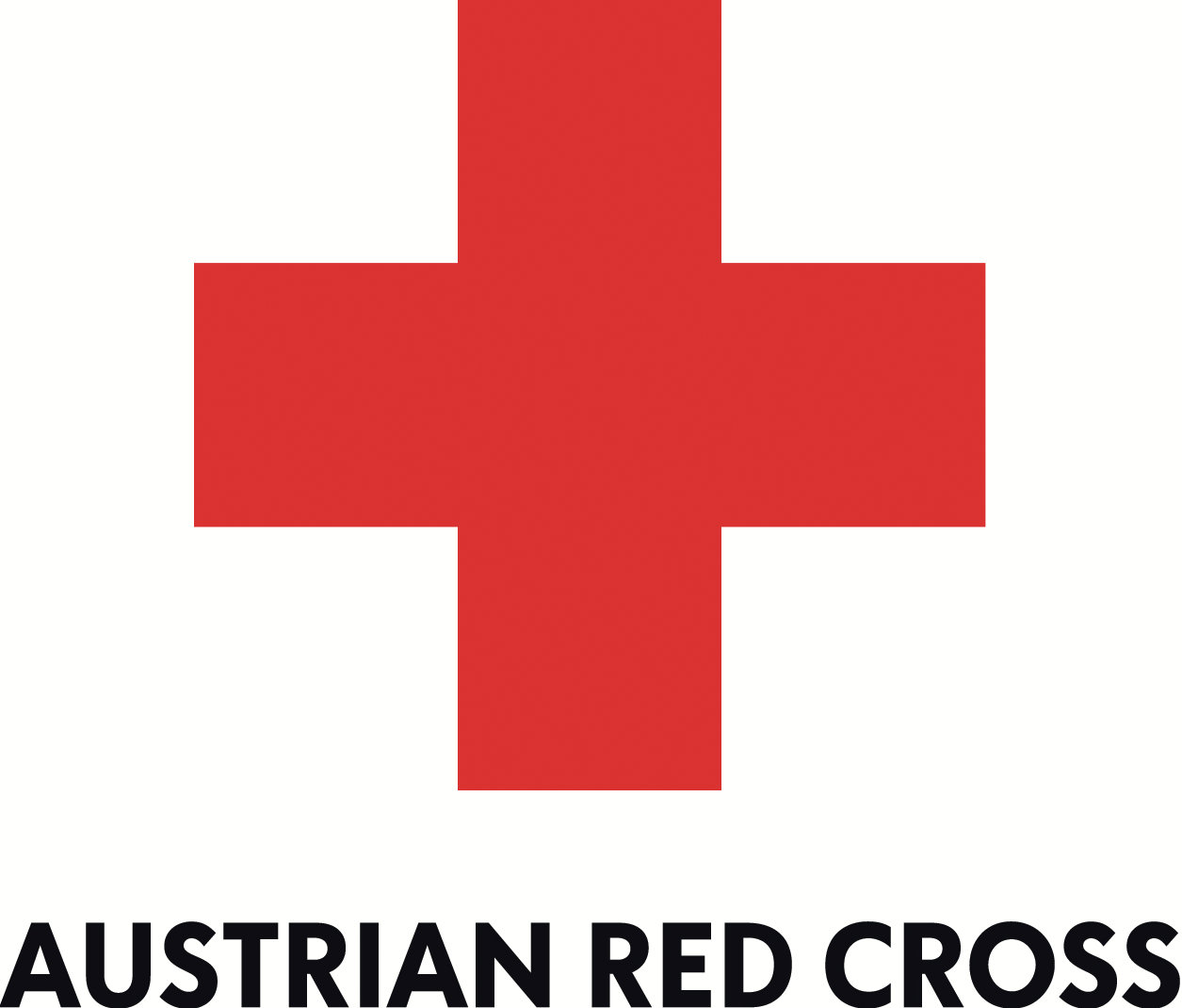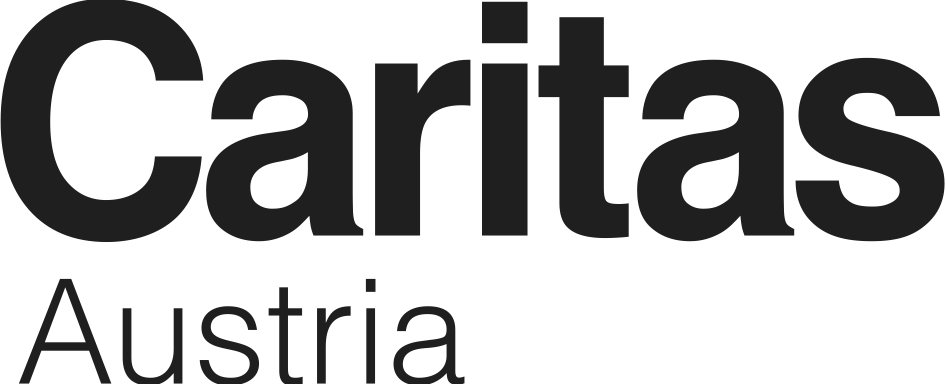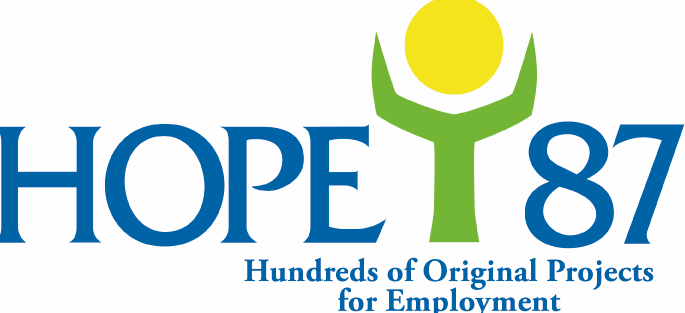Keynote speaker: Alex de Waal, Moderator: Elisa Vass
Panel members: Alex de Waal, Brian Lander, Matt Pollard, Lusine Stepanyan, Nyachangkouth Rambang Tai
Intentional and systematic starvation is war against civilians. As a method of warfare, it is a violation of humanitarian principles and explicitly condemned under the Geneva Conventions, which apply to international and non-international armed conflict. It is considered a war crime for which the perpetrators can be held accountable. The ban also includes the deliberate obstruction of relief supplies.
Still, there have been allegations that these practices have been used again in recent decades. Hunger and civilian food security have remained of acute concern in numerous conflicts. The external effects of conflicts on global food production and distribution chains, and impacts on third countries that depend on imports have also become charged issues in the context of the conflict in Ukraine. Much discussion has been had about the possible and unacceptable instrumentalization of such effects for political gain.
Starvation as a weapon is insidious, since the real consequences are usually temporally delayed and it is often hard to identify the perpetrator, which limits accountability. Manipulation and obstruction of humanitarian aid are among the practices involved, as is the targeted destruction of fields, irrigation systems, and food transport.
Starvation as a means of warfare is as old as war itself. History is full of examples. If we want to make a difference in the future, starvation cannot be simply accepted as a consequence of conflict and must be stopped. But how can this practice be ended? Raising public and political awareness of this crime is one approach, but it is clearly not enough. Through economic sanctions? By subsequently prosecuting war crimes? By finding new ways to provide humanitarian aid to the affected populations?
Ideas to safeguard the humanitarian principles will be sought and discussed.
Main Ceremonial Hall/ Großer Festsaal


















